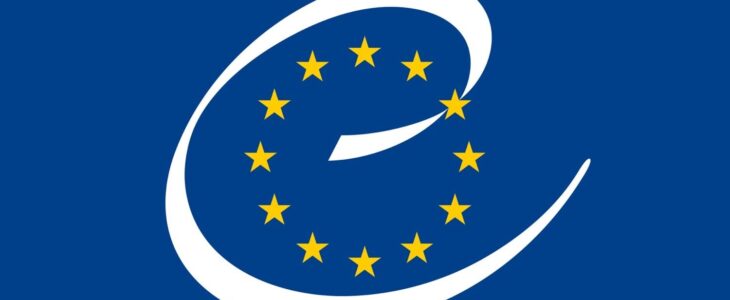
Germany suffers an economic setback as a result of the Ukraine war
The EU has admitted countries may be able to comply with Putin’s demand for gas payments in roubles without breaching sanctions against Russia.

Putin has demanded that so-called “unfriendly” nations open accounts at sanctioned lender Gazprombank, where payments in euros or dollars would be converted into roubles.
The European Commission has refused to comply with the order and initially said doing so would fall foul of sanctions. It’s now backed down on this claim, although the bloc said it wasn’t clear how such a procedure would work.

It came as the UK issued a temporary licence allowing payments to Gazprombank for gas used in the EU until the end of May.
Credit: Yahoo News
Germany risks €180bn blow from ditching Russian oil
Country has already suffered recession in wake of Ukraine crisis, says IMF
Germany is at risk of a crippling recession if it bans Russian fossil fuels and has already suffered an economic downturn in the wake of the invasion of Ukraine, according to damning assessments by economic forecasters.
The country’s output will be 5pc smaller if it ditches imports of oil and gas from the Kremlin, according to the Bundesbank central bank – a shock equivalent to €180bn (£151bn).
It came as the International Monetary Fund (IMF) warned the country had already suffered its second recession in two years over the six months to March.
The bleak outlook poses a major challenger for embattled German Chancellor Olaf Scholz, who has been criticized around the world for resisting a ban on Russian fuel and refusing to arm Ukraine with heavy weapons.
German output fell 0.3pc in the final quarter of 2021 as global inflation surged in the wake of the Covid crisis.
The IMF expects it to report another mild contraction in the first three months of this year, meaning the country would have experienced the two consecutive quarters of negative growth that mark a recession.
Alfred Kammer, the IMF’s director of the European Department, said: “Germany was still dealing with supply chain problems going into the Ukraine war and Germany’s supply chain problems also have been amplified by the war in Ukraine.
“The automobile sector has been affected quite significantly last year because of supply chain issues.”
He warned that rocketing energy and grocery bills are “now cutting deeply into household consumption, and economic uncertainty is poised to restrain investment”.
Mr Kammer added: “Ukraine and Russia face the sharpest economic contractions, but other countries could also fall into recession this year.”
The German economy is among the most reliant on Russian gas in Europe and its households are being battered by the highest inflation since the early 1980s.
Mr Scholz held firm on his opposition to a Russian gas ban on Friday, claiming that it would cause a “dramatic economic crisis” in Europe and millions of job losses without ending the war.
The Bundesbank said a ban would “significantly weaken” the German economy and cause power rationing, delivering a €180bn (£151bn) blow in lost output compared to forecasts from March.
The central bank added it would trigger a recession, although the fall in GDP would be shallower than during the financial crisis and pandemic.
The IMF said the war is dealing a “serious setback” to Europe’s recovery, warning that high gas prices will disproportionately impact Germany, Italy and Hungary given their reliance on Russian imports.
Its analysts said: “Some of the largest European economies, like France, Germany, and Italy, are projecting very weak or negative quarterly growth in mid-2022.
“This setback to the recovery is hidden in the annual growth projections for these economies because of large carryover from 2021.”
The Fund handed Germany the biggest downgrade of any major economy bar Russia in gloomy updated forecasts earlier this week.
It expects the German economy to grow 2.1pc this year despite a negative start to the year, in forecasts which assume there will not be a gas ban. The prediction was 1.7 percentage points lower than its January forecast, while Italy was also expected to be hard hit. Growth in Italy is expected to slow dramatically from 6.6pc in 2021 to 2.3pc this year.
The two countries are heavily reliant on Russian gas but also have outsized manufacturing sectors feeling the pinch from higher energy prices.
